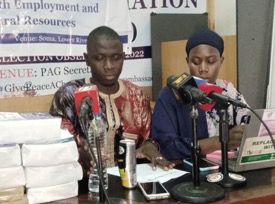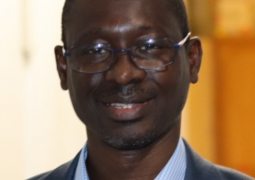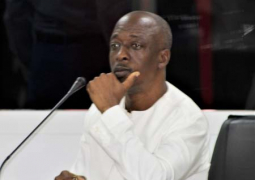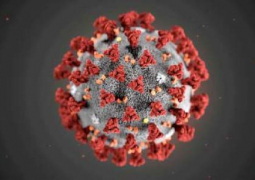
The key areas of focus were Women and Youth Participation in Governance, Leadership and Decision Making, Youth Unemployment, Human Rights, Access and Ownership of Natural Resources.
The findings revealed that 74.8% more women and youth voted in presidential elections than in parliament and local government elections.
Ninety-seven percent of respondents reported that they have never contested in the country’s three major elections presidential, parliamentary, and local government.
Sixty-five percent of the respondents are above 36 years while 34.9% are above 35 years.
The study reveals that women and youth occupying leadership positions in institutions are still limited. Though the study finds that 45.5% and 36.4% of respondents have held or holding leadership positions in their Village Development Committees (VDC) and Civil Society Organizations and majority are holding or have ever held leadership positions in State Owned Enterprises (SOEs) and Political Parties.
The study further revealed that 63.7% of the respondents are employed while 36.3% reported unemployed. However majority of the employed are self employed and working in the agriculture sector as small-holder farmers.
About 64.5% of the respondents who reported unemployed are females, while 35.4% are male.
It also revealed that 77.7% reported that they have never experience any form of human rights violations in the past five years while 22.3% reported opposite.
Eighty-six percent of the respondents reported that it is difficult to own and access land, whilst 61.5% reported it is due to lack of financial means.
Sannaba Jawla, a senior programme officer at Beakanyang, said women and youth constitute the largest percentage of the national population and despite their sizes, they face a multitude of issues affecting their progress.
“The research was conducted to inform the development of policy briefs and factsheets on the said problem,” he said.




